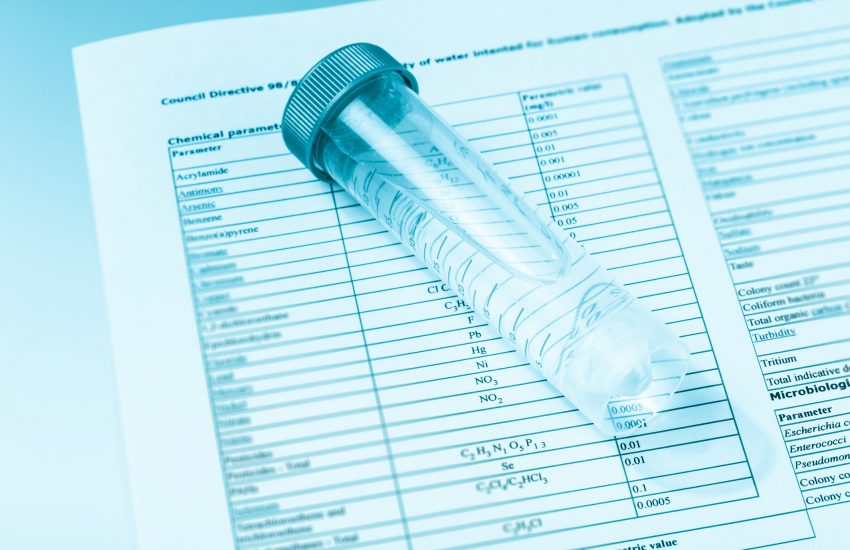As 2021 came to a close and many Americans were setting their own standards and goals for 2022, the Environmental Protection Agency announced finalized revisions to national greenhouse gas emissions standards for passenger cars and light trucks. Overall, the new industry-wide average target will come out to roughly 40 miles per gallon by 2026. A reversal of the prior administration’s relaxation of fuel-emissions standards, the revised standards are the strictest federal greenhouse gas emissions requirements in history, and are seen as a fundamental part of …
Continue Reading









